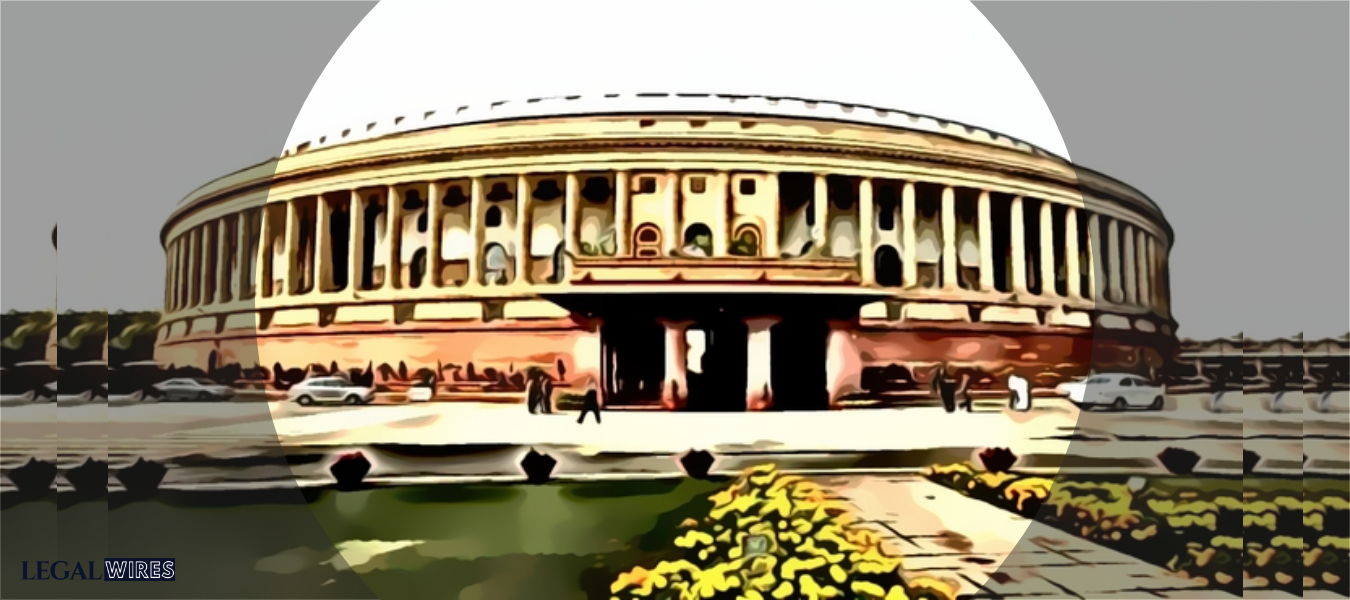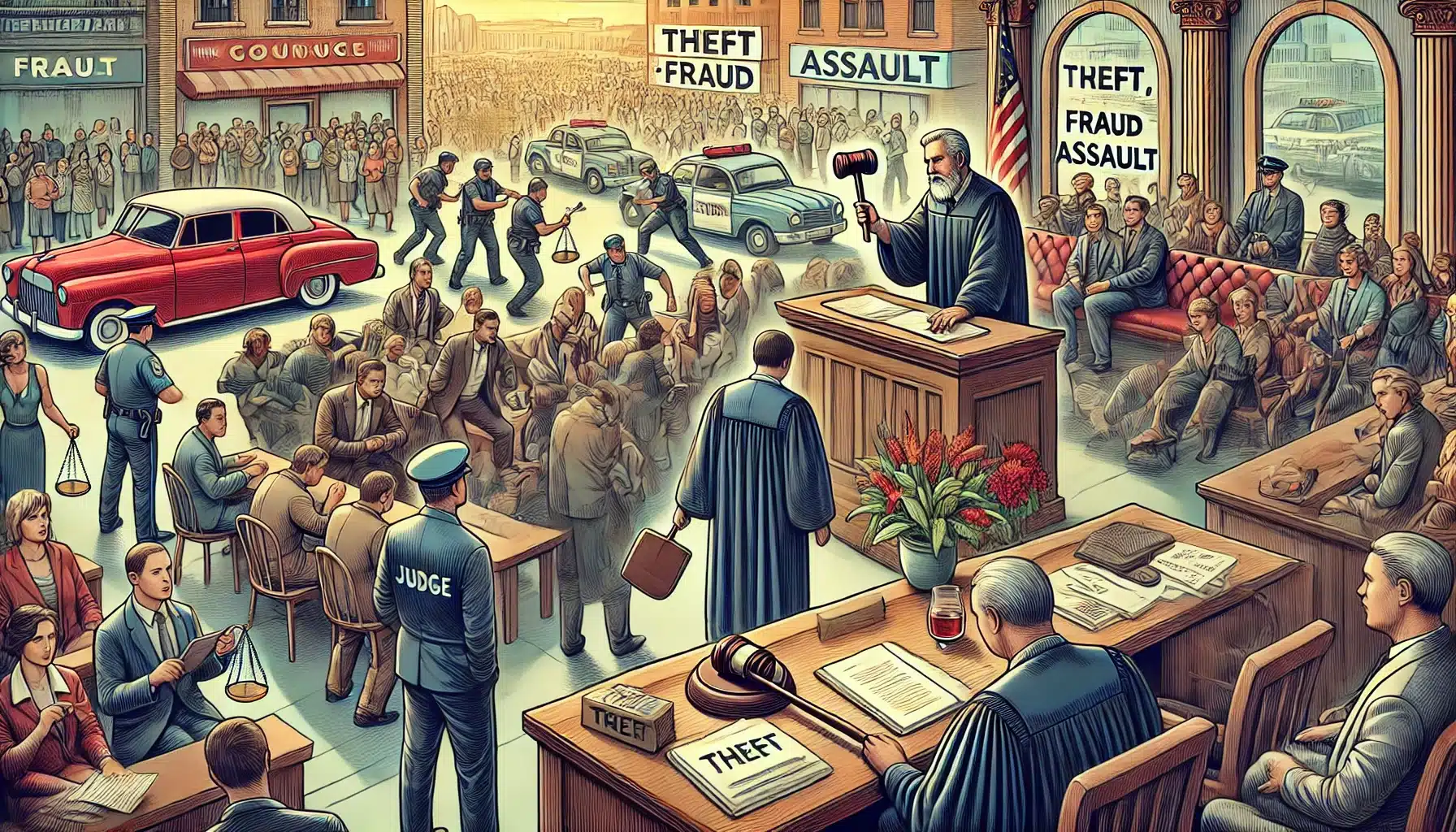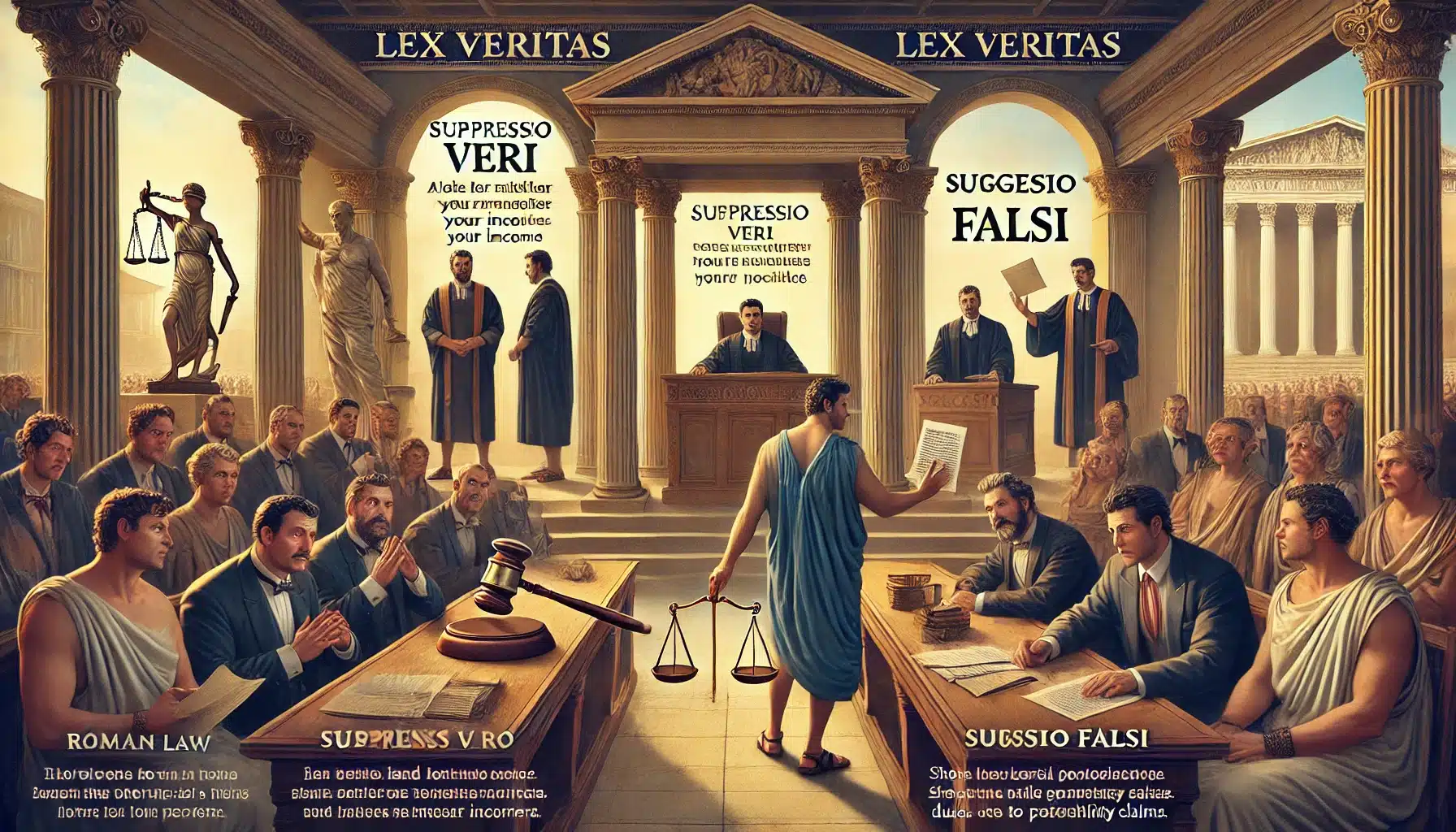Zero Hour is the time when Members of Parliament (MPs) can raise Issues of Urgent Public Importance. For raising matters during the Zero Hour, MPs must give the notice before 10 am to the Speaker/ Chairman on the day of the sitting.

Definition
Zero Hour[1] is the time at which a usually significant or notable event is scheduled to take place. Essential aspects of the term are-
- The time during which members of parliament can ask questions without arranging to ask them first.[2]
Meaning
Zero Hour is the time when Members of Parliament (MPs) can raise Issues of Urgent Public Importance. For raising matters during the Zero Hour, MPs must give the notice before 10 am to the Speaker/ Chairman on the day of the sitting. The notice must state the subject they wish to raise in the House. However, Speaker, Lok Sabha / Chairman, Rajya Sabha may allow or decline a Member to raise a matter of importance. ‘Zero Hour’ is an informal device available to MPs to raise matters without any notice 10 days in advance.
Rules & Regulations
Members wishing to raise matters during the “Zero Hour” need to give notice to the Speaker prior to the start of the daily session. The notice should clearly state the subjects they want to raise. The Speaker is the final authority who can either reject or accept such a request.
In Lok Sabha, only 20 matters are allowed to be raised during the Zero Hour. Again, it is the Speaker who decides which subjects are to be discussed in the first phase (after Question Hour) and which other issues could be taken up during the second phase (after 6 pm/ at the end of the regular business).
In Rajya Sabha, the total number of requests is not allowed to exceed seven on a single day. The total time allocated for Zero Hour is 30 minutes wherein a member gets three minutes to raise the issue. The session should be completed before 1 pm.
It is not mandatory to have a Zero Hour every day during the session. Moreover, a member is allowed to make only one Zero Hour request during a week.
Proceedings during Zero Hour
During the Zero Hour, the members of both the Houses get a chance to raise matters of public importance that need immediate attention. Only after the Minister of Parliamentary Affairs gives assurances on the issues raised during ‘Zero Hour’, the relevant extracts from the proceedings are sent to the concerned ministry on the same day. The ministry takes over from there and initiates actions as deemed fit. Even if no assurance of action is given, the extracts are sent to the concerned departments. They may reply to the members after intimating the Ministry of Parliamentary Affairs.[3]
The Government is not obliged to answer the questions raised during the Zero Hour.
Origin
As the 9th Lok Sabha Speaker, Rabi Ray introduced certain changes in the proceedings of the House to create more opportunities for the members to raise matters of urgent public importance. He proposed a mechanism to regulate the proceedings during the ‘Zero Hour’, raise matters in a more orderly manner, and optimize the time of the House.
[1] “Zero Hour.” Merriam-Webster.com Dictionary, Merriam-Webster, https://www.merriam-webster.com/dictionary/zero%20hour. Accessed 3 Sep. 2020.
[2] https://dictionary.cambridge.org/dictionary/english/zero-hour
[3] http://www.elections.in/political-corner/what-is-zero-hour-in-parliament.




